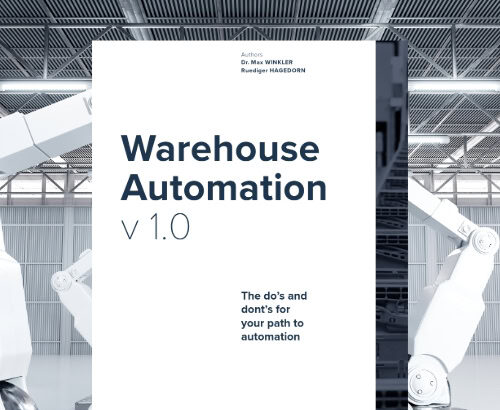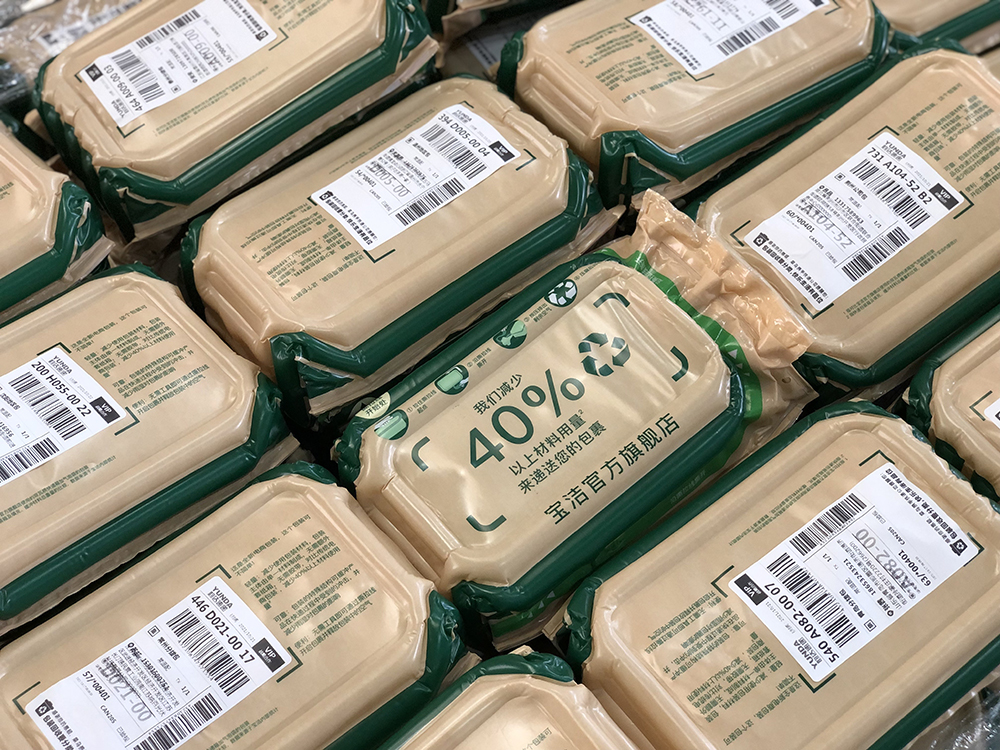Explore Tags
#Deforestation, #Sustainability, #Circular Economy, #Food Waste, #Global Summit, #Supply Chain, #Mondelēz International, #Carrefour, #Walmart, #Unilever, #PepsiCo, #Tesco, #modern slavery, #Danone, #IGA, #Responsible Sourcing, #CGF latam, #executive summary, #Employee Wellbeing, #Sustainable Supply Chains, #Climate Action, #Case Study, #summit, #innovation, #consumer goods forum, #data, #summit summary, #P&G,


